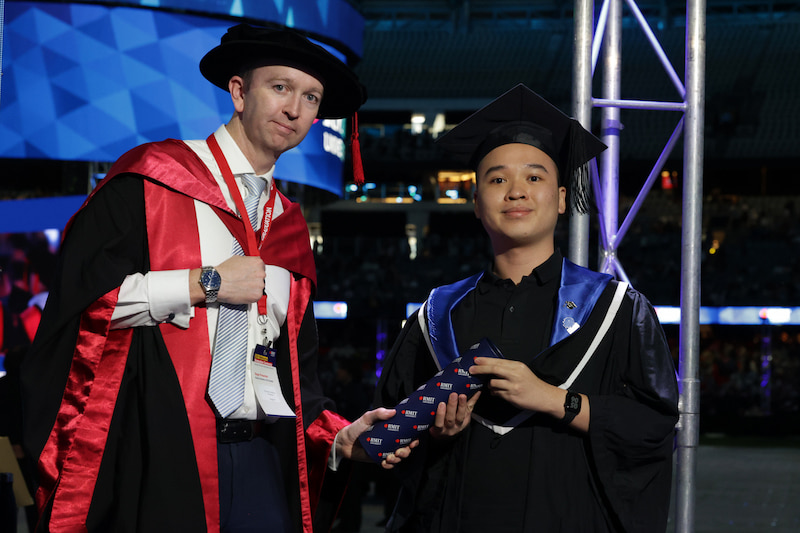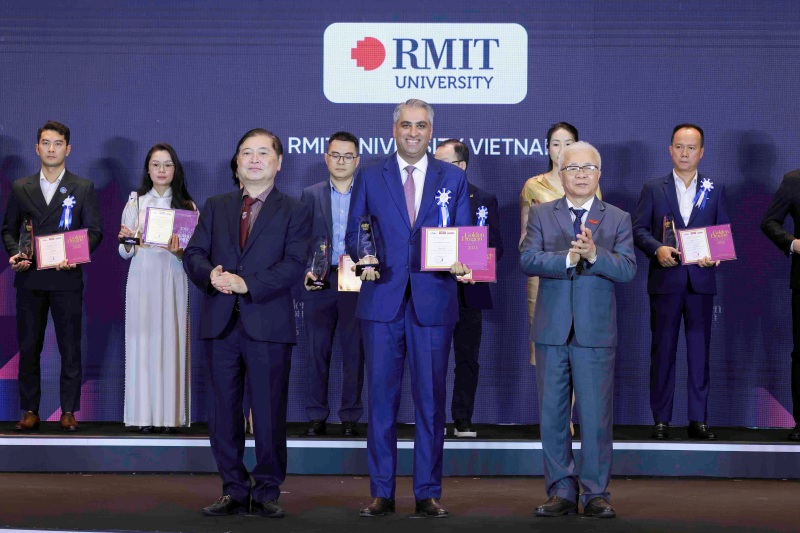“At present, the demand for garment orders has significantly slowed down due to COVID-19 and has been projected to drop approximately 70-80% in the United States market.”
In order to overcome challenges, Dr Yiu proposed both short-term and long-term strategies to help businesses in Vietnam minimise losses.
“Enterprises should carefully review their strategic plan, operational needs and current market demand,” Dr Yiu said. “It is important to set the priority of orders, redesign supply chain management processes, adopt flexible operational models, and plan bulk production in phases.”
Many Vietnamese garment factories switched to producing face masks when the pandemic hit, as a temporary solution to overcome difficulties.
Although face mask prices are very low and profit margins slim, face mask orders have been able to cover labour costs.
Dr Yiu suggested that Vietnamese enterprises consider operating different product lines, diversifying their niche business to new merchandise or market developments.
“Vietnam should develop its domestic fashion brands considering its unique culture and craftsmanship, to make a balanced economic development,” Dr Yiu said.
“Face masks and personal protective equipment (PPE) have maintained high demand in the market.”
As competition in the fashion industry increases, much will depend on fashion's digital transformation.
“There are opportunities to take advantage of technology, 3D computing technology, to reduce sampling costs,” Dr Yiu said. “We can also select profitable colour and quantities for dying including holding the “Grey Fabric” which can be used in the making of multi-products in yarn and fabric processing.”
Dr Yiu believes the current trade dispute between the US and China has had a cascading effect on Vietnam.
“After the pandemic, Vietnam’s exporters will see an increasing demand for their products, especially garments and textiles,” Dr Yiu said.
“The upstream opportunities are yarn and fabric design development and domestic production,” she added. “Manufacturing companies should consider working with joint venture fashion companies to focus on future investment.”
Despite the pandemic, there are still great opportunities for government, not-for-profit organisations, academic bodies and business industry to work together to create “sustainable development” in this area.
“RMIT University has been approached by different global research projects on sustainability,” Dr Yiu said.
“Our students have gained a deep understanding of fashion sustainability from their hands-on experiences in work integrated learning projects such as the upcycling projects of Woolmark, Inditex and H&M.”
In 2018 a WTO Economic Research and Statistics Division working paper revealed that Vietnam’s Textiles and Apparel exports saw an increase from 1.3 to 19.2 (export intensity index for China, Vietnam sector), and the US Department of Commerce ranked Vietnam fifth in worldwide textile and apparel exports.
Story: Thuy Le





